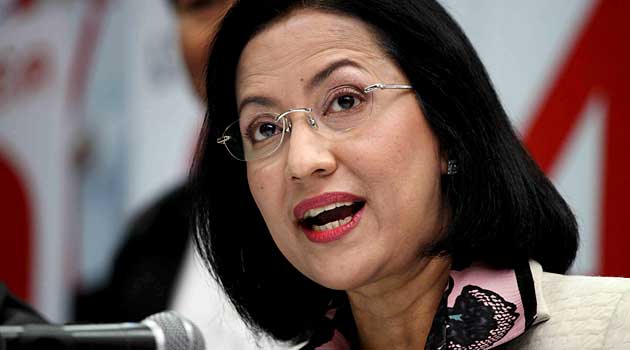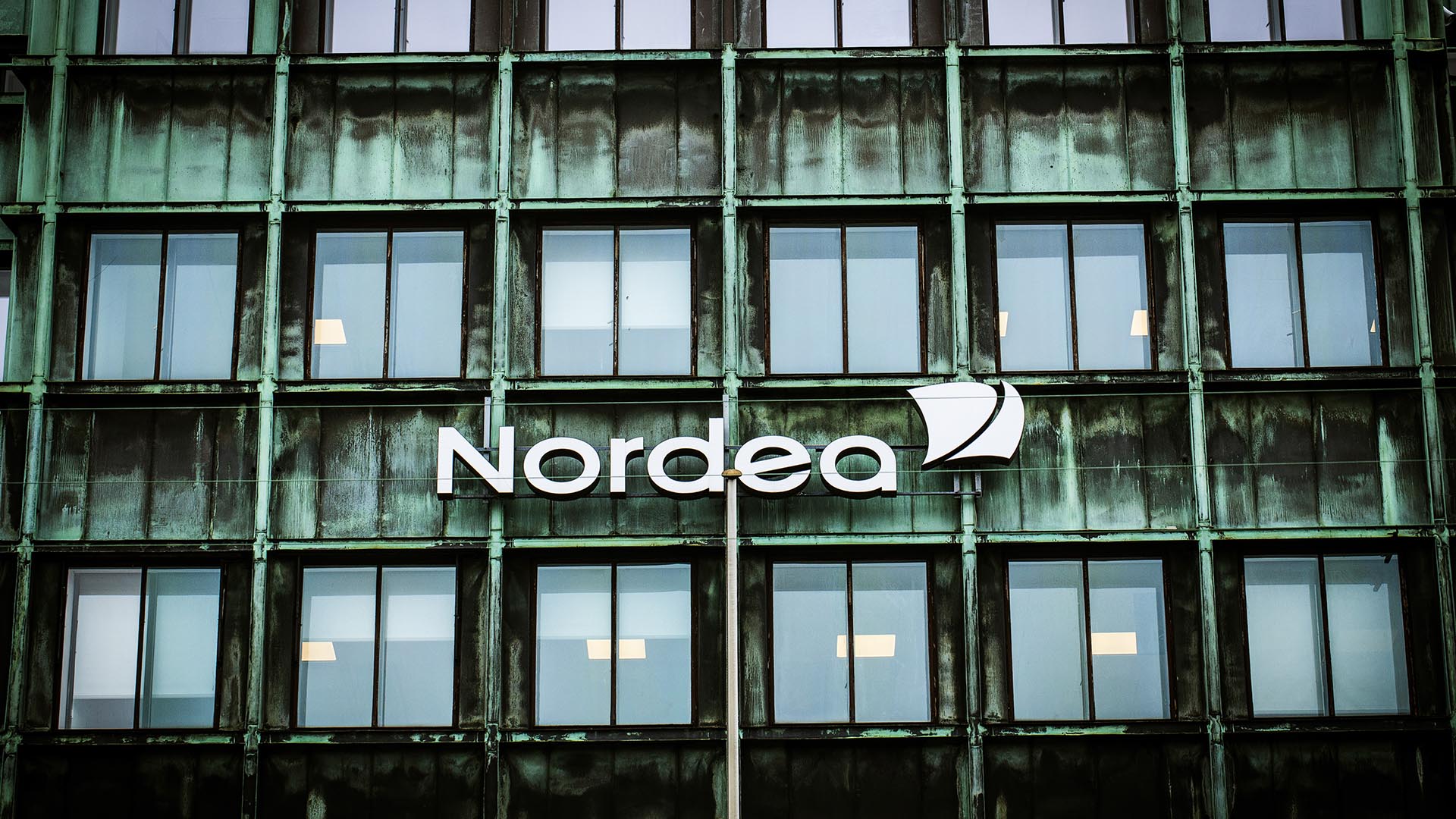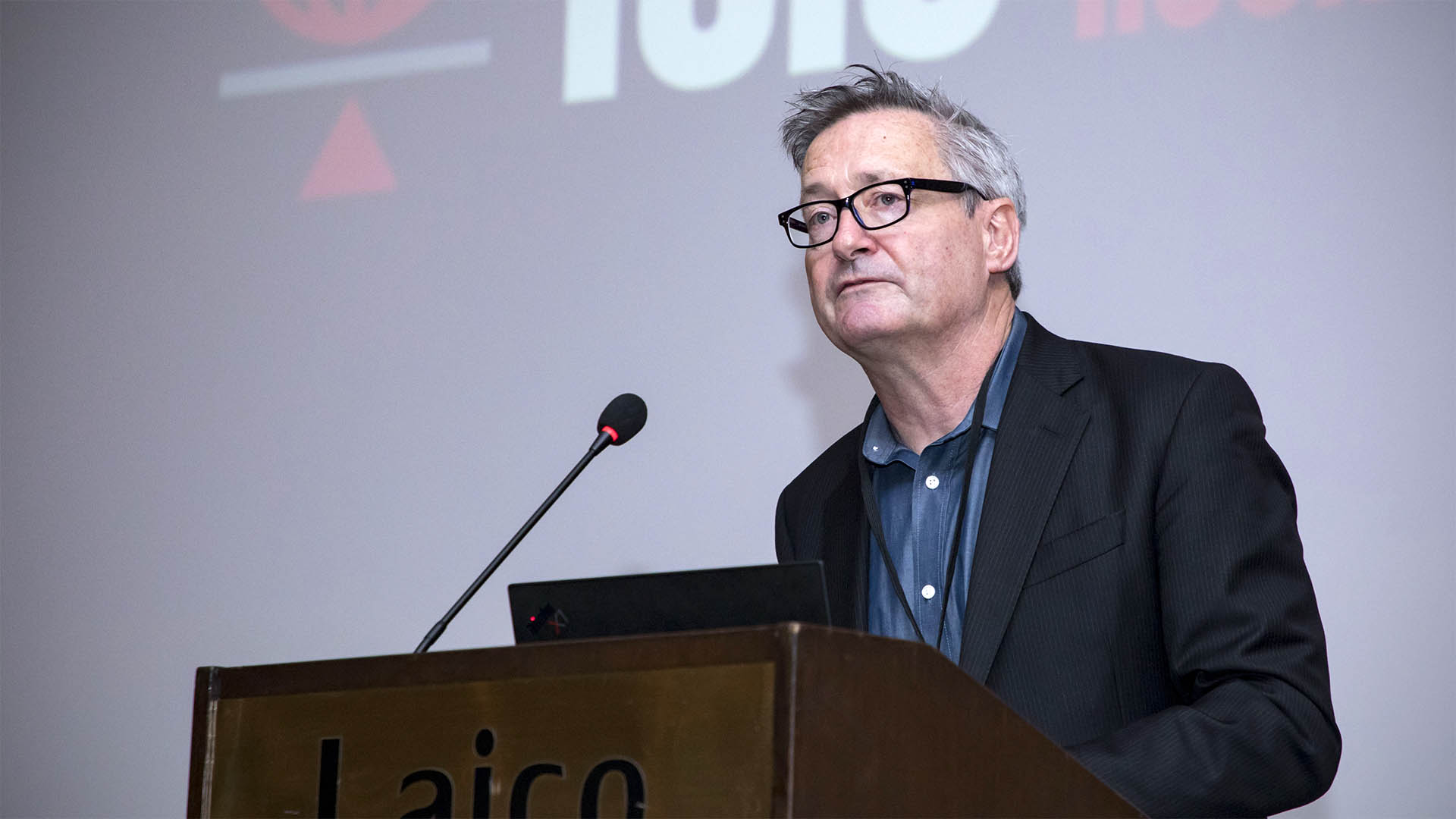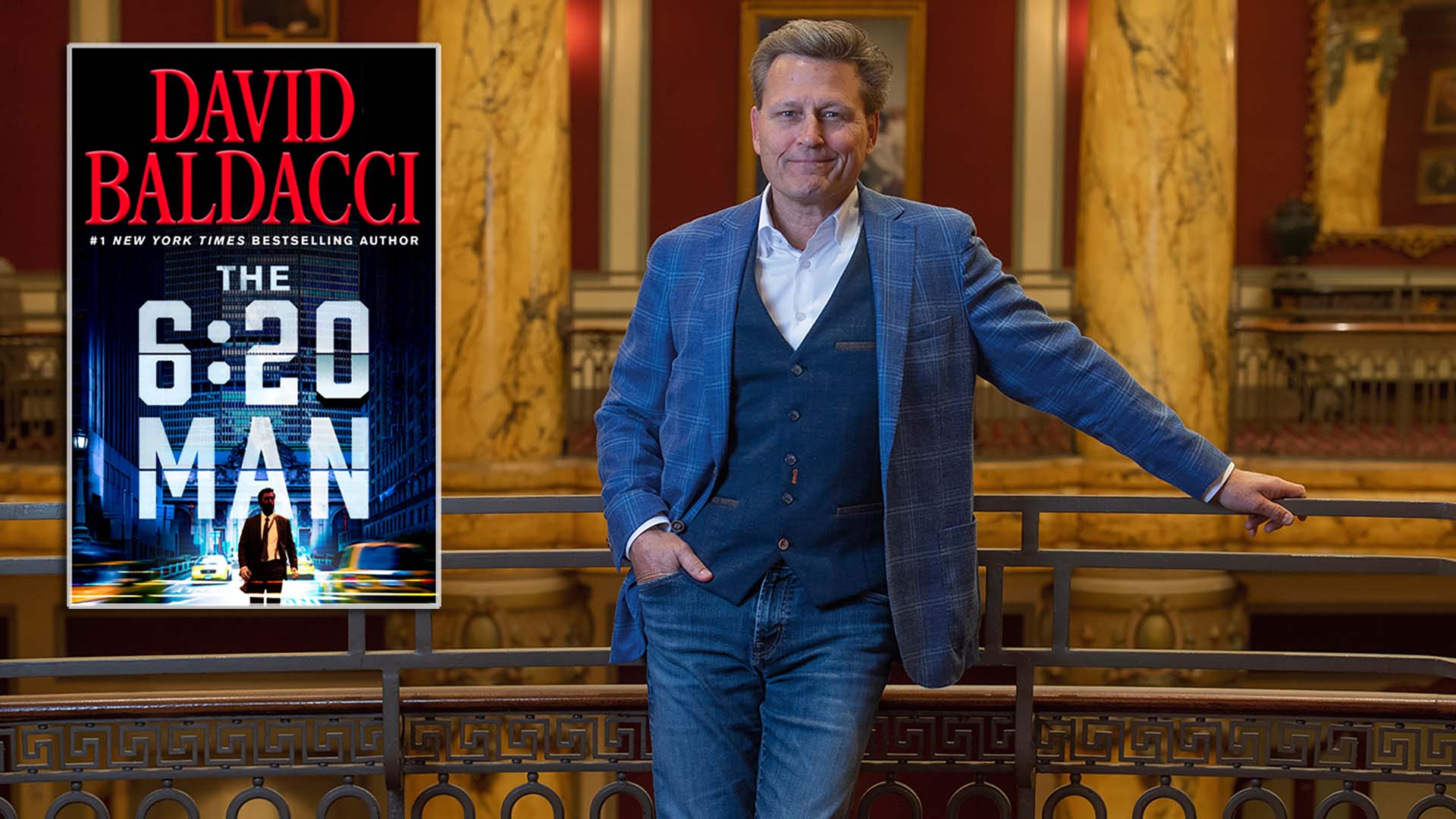Nearly 600 Thais have owned offshore companies in the British Virgin Islands and other havens.
Politicians and billionaire business magnates are among the prominent Thais listed in secret documents as owners of offshore holdings in tropical tax havens.
The list includes the former wife of ousted Prime Minister Thaksin Shinawatra, a sitting senator, a former high-ranking defense ministry official, Forbes-listed tycoons, and a former government minister whose assets in the United States are frozen because of her alleged links to Zimbabwean dictator Robert Mugabe.
Documents obtained by the International Consortium of Investigative Journalists (ICIJ) and examined by Bangkok-based news portal Isra show nearly 600 Thais owning offshore companies in overseas havens such as the British Virgin Islands (BVI) and the Cook Islands.
Some of the entities owned by politicians have been previously self-declared under tough local anti-graft laws, but at least one may have escaped scrutiny from authorities.
Thai anti-corruption laws require all elected politicians and those holding political posts to reveal their wealth. Officials and their spouses are prohibited from holding more than 5 percent of shares in privately or publicly listed companies, and politicians must list their work positions, such as directorships of companies, going back five years from the time they take office.
The ICIJ unearthed details of the offshore holdings through an analysis of about 2.5 million files largely associated with two offshore services providers, Singapore-based Portcullis TrustNet and British Virgin Islands-based Commonwealth Trust Limited.
Among those who appear as clients in the data is Nalinee Taveesin, a former government minister who is currently Thailand’s international trade representative.
In 2008, she was designated as one of four “Mugabe regime cronies” by the U.S. Department of the Treasury’s Office of Foreign Assets Control (OFAC).
The OFAC’s 2008 statement was strongly worded, particularly in reference to Taveesin. “Ironically,” it said, “Nalinee Taveesin has participated in a number of initiatives on corruption and growth challenges in Africa and Southeast Asia while secretly supporting the kleptocratic practices of one of Africa’s most corrupt regimes.”
The OFAC statement became a point of controversy in Thailand when Taveesin was appointed minister for the prime minister’s office in January 2012. She strongly denied the allegations, saying that her relationship with the Mugabes is “strictly social” and that she is a victim of guilt by association.
Taveesin is currently under scrutiny by the Thai National Anti-Corruption Commission (NACC) over an unrelated matter. The commission is investigating whether she concealed her wealth through an intricate series of stock transactions before she took political office in 2008.
Analysis of the secret documents obtained by ICIJ appears to show Taveesin and her brother Anuraj Mishra in 2008 bought a company called Hall Kingston International Limited that had recently been incorporated in the British Virgin Islands. They appear in the documents as directors and shareholders.
The offshore company was acquired shortly after Taveesin’s first appointment to a political position, as secretary to the commerce minister in 2008. The company does not appear in her 2012 public statement of assets. Though the company still exists, according to records in the BVI, it is unclear whether it had to be publicly declared.
Responding to questions through her secretary at the Thailand Trade Representative’s Office, Taveesin said she had no knowledge of the existence of Hall Kingston International Limited. “She [Taveesin] strongly affirmed that she had neither known nor heard about this so-called Hall Kingston. The information about her being [a company] shareholder is incorrect,” said the secretary, who identified herself as Ms. Supavadee.
When asked if it was possible that Taveesin’s brother, Anuraj Mishra, was a shareholder of Hall Kingston International Limited, Supavadee repeated, “She [Taveesin] had no knowledge about the company and none of her family members were involved in the company.”
Taveesin continued to deny her involvement when later confronted with information from the ICIJ documents that shows the address used for the directors and shareholders in Hall Kingston International Limited matched the registered address of a number of Taveesin’s companies in Bangkok.
“She insisted on her earlier response,” said secretary Supavadee. “She never heard about the company. She has never been its shareholder. She doesn’t know anything whatsoever.”
According to her asset declaration to the NACC after she took office as a minister in 2012, Taveesin reported she owned a 4 percent interest in 32 different businesses, ranging from spas, import-export, ticketing, computers and telecommunication.
Many shared the same address as listed for Hall Kingston International Limited.
Taveesin’s brother, Anuraj Mishra, is shown at a different Bangkok address in douments obtained by ICIJ — one that matches the residence of Taveesin’s mother, as reported in Taveesin’s official 2012 assets report.

Mishra could not be contacted for comment, despite repeated attempts to reach him.
Others who appear in the ICIJ documents include Potjaman Na Pombejra, the former wife of Thailand’s ousted Prime Minister Thaksin Shinawatra, and her stepbrother Bhanapot Damapong.
Potjaman and Damapong, along with former premier Shinawatra, were charged with corruption after a military coup in 2006 that ousted Shinawatra from power.
Potjaman and Shinawatra obtained a high-profile divorce at the Thai consular office in Hong Kong in 2008.
In 2010, about $1.4 billion of Shinawatra’s family assets were seized after he was found guilty by the Supreme Court of corruption and abuse of power to benefit his family’s telecommunication company, Shin Corporation, while he was prime minister. Later the same year, the Supreme Court also determined that he used offshore entities to conceal his ownership of shares in Shin Corporation — ownership that ought to have been revealed under Thai law.
The ICIJ documents reveal that while the former Prime Minister’s then-wife Potjaman was fighting her separate court battles against the corruption charges she purchased an offshore company called Premium Select Inc.
It was incorporated in the British Virgin Islands in 2007, and soon after she was listed as the sole owner. The company was set up with the help of a Singapore subsidiary of Swiss banking giant UBS. Two BVI holding companies were appointed as on-paper stand-ins for Potjaman — Execorp Limited as the “nominee” director and Sharecorp Limited as “nominee” shareholder.
It is unclear what Premium Select Inc. was used for, if anything. It did not last long. Potjaman did not pay the company’s license extension in mid-2008. That was the same year she and her stepbrother Damapong were found guilty in a separate tax evasion court case, also involving Shin Corporation.

Potjaman’s lawyer, Somporn Pongsuwan, did not return several phone calls seeking information on the offshore entity.
A criminal court sentenced both Potjaman and Damapong to three years’ imprisonment in 2008 over the tax evasion charges. However, they were immediately released on bail.
In 2011, an appeals court acquitted Potjaman and reduced Damapong’s sentence to two years, with the jail term suspended.
The ICIJ data shows Damapong was the owner of two other BVI companies. He purchased Bounti Harvest Corporation in BVI in 2004, using the same companies — Execorp Limited and Sharecorp Limited —as nominee shareholder and director.
It is unclear from the data what Bounti Harvest was used for. It went defunct in 2009.
In 2006, Damapong bought Tropic Offshore Holdings Inc., and was registered as its owner until 2007. Both of these companies were also registered through UBS AG Singapore.
Damapong could not be contacted for comment.
Both Potjaman and Damapong are now free of their legal difficulties. They live in Thailand while Shinawatra remains in exile, investing in various businesses through a host of companies registered overseas.
One of his past investments was the 2007 purchase of the British Premier League soccer club Manchester City for $163 million, which he sold for a reported $36 million profit to Abu Dhabi United Group one year later.
Among the hundreds of other Thai names that appear in the ICIJ data is Sen. Prasert Prakoonsuksapan, who properly declared his ownership of Singapore-based Metalsing Private Limited in his asset reports soon after he won a senate seat in 2008.
Another is Adm. Banawit Kengrian, the former deputy permanent secretary of defense, who is listed as one of many shareholders in the British Virgin Islands company Vnet Capital International Co., Ltd in 1998.
Kengrian was appointed a member of the National Legislative Council after the military coup in 2006. He resigned as a naval officer in 2007 but was later appointed chairperson of a transportation committee under the National Legislative Council with a mandate to investigate corruption cases within the Ministry of Transportation that had allegedly occurred under the previous government led by Shinawatra.
Kengrian said he had bought a small stake in the company as a personal investment. “I have never gotten involved with company management,” he said. “As far as I understand, the company has changed status. It has merged with another company a while ago. I do not really have the details though.”
There is no suggestion Kengrian avoided his disclosure responsibilities.
Also found in the ICIJ data are members of the Chirathivat family. In 2012, Forbes magazine listed the retailing family as the second richest in Thailand, worth about $6.9 billion.
The documents show Sudhitham Chirathivat as a shareholder and director of the BVI company Daily Legend Investment Limited in 2008. It is unclear what it was used for. The entity, set up through Goldman Sachs (Asia) LLC, based in Hong Kong, went defunct in 2009.
Another family member, Sakchai Chirathivat, and his wife, Surangrat, controlled a company called Vintage Gold Investment Limited, incorporated in the BVI in 2008. It was also set up through Goldman Sachs (Asia) LLC.
Sudhitham Chirathivat was overseas when ICIJ/Isra called for his response. According to his secretary, he is scheduled to return to Thailand but had yet to confirm the date. Sakchai and Surangrat Chirathivat’s could not be contacted despite calls to different branches of the family’s retailing firm, Central Group.
The Vongkusolkit family is another whose name appears in the documents. In 2012, Forbes listed the family as the 12th richest in Thailand, worth about $1 billion.
Isara Vongkusolkit, chairman of Thailand’s biggest sugar company, Mitr Phol Sugar Corp. Ltd — along with four family members, all of whom are on the company’s board — appear as the beneficial owners of a company called Pan-Asia Sugar Fund Limited, based in Grand Cayman. The company was registered in 1998 through the service of international law firm Baker & McKenzie in Hong Kong.
Supavee Vongkusolkit, a family member, said that Pan-Asia Sugar Fund was no longer active. “It does not have anything to do with [Mitr Phol Sugar]. It is a personal company,” she said.
The ICIJ documents also contain the name of the singer and guitarist Yuenyong Opakul, who leads one of Thailand’s most famous string bands, Carabao. In 2008, Baker & McKenzie Ltd. (Thailand), helped Opakul register as the owner of Superp Offshore Investment Ltd, based in the Republic of Mauritius.
The other owners of the company were listed as the businessmen, Sathien Setthasit and Nutchamai Thanomboon.
Opakul, Setthasit and Thanomboon are shareholders of the Thailand-based energy drink company Carabao Tawandang.
Setthasit did not return a phone call. Opakul and Thanomboon could not be contacted for comment.



